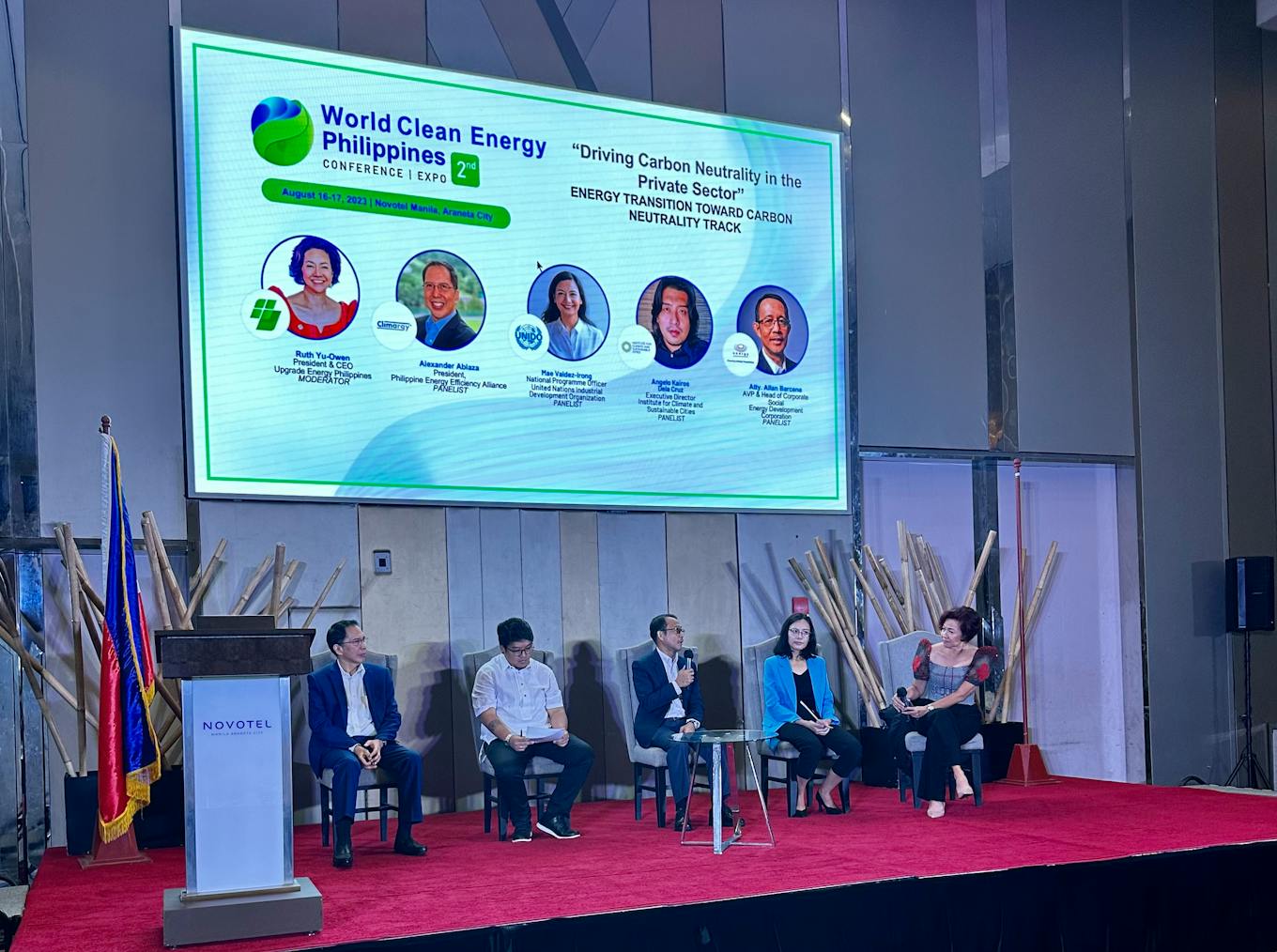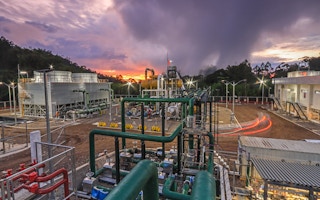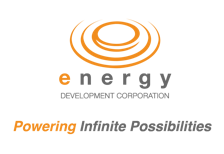The Philippines’ lack of infrastructure for its low carbon ambitions will not be a barrier to renewable power investment, clean energy advocates said.
This is despite the low investor turnout for the government’s green energy auction programme in July, which authorities said delayed crucial transmission projects, resulting in the initiative meeting only a quarter of the original goal for new solar and wind projects.
The National Grid Corp. of the Philippines (NGCP), which won the competitive bidding in 2009 to manage and operate the country’s transmission grid, has been in hot water since transmission issues triggered widespread power interruptions experienced by households in the Luzon island group in May.
The electricity instability also led to “dwindling” bidder interest as the auction date approached, Philippine government energy secretary Raphael Lotilla told local media.
A panel titled Driving carbon neutrality in the private sector, in a clean energy conference on 16 August saw renewable energy experts share their views on how businesses should decarbonise despite the lack of infrastructure certainty in the country.

From left, Philippine Energy Efficiency Alliance’s Alexander Ablaza, Institute for Climate and Sustainable Cities’ Angelo Kairos dela Cruz, Energy Development Corp’s assistant vice president and head of corporate social responsibility Allan Barcena, United Nations Industrial Development Organization’s Mae Valdez and Ruth Yu-Owens of Upgrade Energy Philippines in a panel titled Driving carbon neutrality in the private sector at the World Clean Energy Philippines Conference at Novotal Hotel in Cubao, Quezon City. Image: EDC
“It is the power generator’s initiative to provide renewable energy capacity because more companies are looking for it. The government is working to maximise capacity but unfortunately, there is a lack of supply,” said Allan Barcena, assistant vice president and head of corporate social responsibility at Energy Development Corp (EDC). EDC is the biggest geothermal power producer in the Philippines.
While infrastructure and clean energy policies are still taking shape in the country, Barcena said investing in battery storage solutions, including smaller capacity power plants, could be an option for power firms.
EDC is commissioning 40 megawatts (MW) of battery storage projects by next year through the construction of binary geothermal power plants, which transfer the heat from geothermal hot water to a secondary working fluid with a lower boiling point, which turns to steam when heated, driving a generator turbine to produce electricity. The secondary fluid is also within its own closed loop, ensuring that no steam, gases or odour ever leaves the power plant.
“These growth projects in geothermal are admittedly small compared to our existing facilities, but we need all the renewable energy that we can get. Also, geothermal is beneficial because of its inherent capability to provide a stable source of clean power 24/7,” he said.
In a separate panel, Jerome Cainglet, president and chief operating officer of EDC, noted how the company was looking at extending the life of captured solar energy using battery storage with smart microgrids to ensure reliability. Such microgrids harness energy from the sun, batteries and backup diesel generators to supply power.
The company’s maiden microgrid projects in the Camarines Sur islands in the Luzon island group have been operating since 2021, with plans to implement them on off-grid island resorts.
“The more we learn about batteries, the better we can integrate battery operations into solar grids and [better leverage] solar energy,” Cainglet told the audience.
Alexander Ablaza, president of the non-profit Philippine Energy Efficiency Alliance, added that companies “do not have to wait for infrastructure [from the government] to come in” if they focus on optimising energy efficiency.
Similar to binary plants, Ablaza said waste heat recovery in cement kilns can be converted to energy for industries and commercial purposes.
It involves recovering and utilising waste heat and gas from industrial processes involving cement, steel or gas turbines, for example, which are then channelled to a boiler to generate steam, propel a turbine, and generate electrical power.
But even if companies become more energy efficient in their processes, the country will always rely on coal in some form for its main source of power, Angelo Kairos dela Cruz, executive director of the Institute for Climate and Sustainable Cities, cautioned.
Despite a moratorium on coal in 2020, the Philippines’ largest banks were found to have invested up to US$867 million in coal projects. Coal makes up almost half of the country’s energy mix, while renewable energy comprises almost a third, according to the latest power development plan.
However, Dela Cruz closed by highlighting that the government’s inability to reach renewable energy goals in the latest round of competitive bidding should not be seen as a failure as such initiatives take time.
“We should start taking the onset of the just energy transition more seriously at the national level,” Dela Cruz noted. “More than half of our carbon emissions come from our continuous fixation for coal-fired power, which is something the green energy auction programme is trying to [help curb].”
Energy Development Corporation is a private sector convenor of the Net Zero Carbon Alliance (NZCA). To learn more about how NZCA is engaging businesses in the Philippines on their net zero pledges, register for Zeroing in on net zero: From corporate pledges to action.
Want more Philippines ESG and sustainability news and views? Subscribe to our Eco-Business Philippines newsletter here.


















